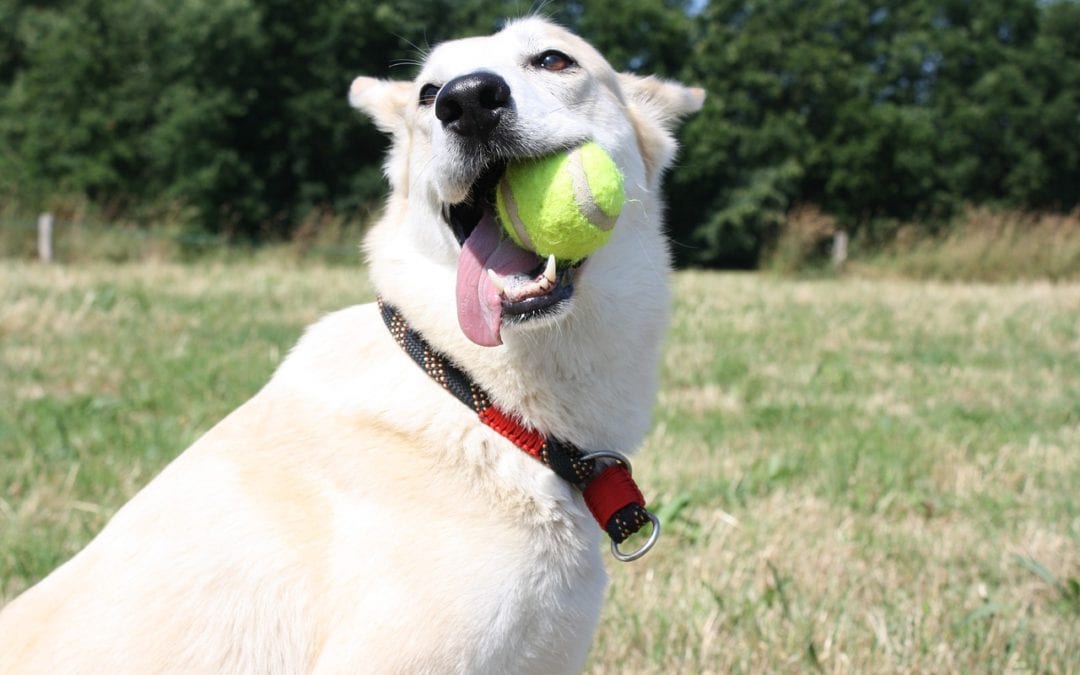Summer with Pets: How Hot is Too Hot?
By now you know that you should never leave a pet in your car during a warm day, even for a few moments. Seventy degrees and sunshine outside can become stifling and dangerous inside a car quickly. But, what about other summertime situations? How do you know when it might be best to let your pet stay inside with the air conditioning? Our team at Academy Animal Hospital put together some helpful ways to determine how hot is too hot for your furry friend?
Sidewalk heat
Your dog’s need for exercise and love of going on walks doesn’t diminish just because the weather isn’t ideal. But, just like during the winter, the summer heat can create conditions that are unsafe for your pup’s paws.
How do you know if the sidewalk is too hot to go for a walk? Place the back of your bare hand against the sidewalk. If you can’t hold it there for five seconds, the sidewalk is too hot for your dog’s paw pads. Puppies’ paws are even more susceptible to burn, so keep that in mind.
During the hot summer months, walk your dog during the cooler early morning or evening hours. You can also walk on grassy or other unpaved surfaces. Another tip: Keep your dog’s paw pads moisturized with a pet-safe moisturizer or paw wax, which can help protect them from rough or hot surfaces.
And, dog shoes aren’t only for use during the icy winter months; they can be helpful during the summer, too!
Hanging in the yard
Many pet owners assume a shady backyard is a safe spot for a dog to spend time during the summer months, but once temperatures reach 85 degrees and higher, dogs (especially larger and brachycephalic breeds, obese dogs, and young puppies) could face life-threatening heat-related health complications.
As temperatures rise, limit your pet’s time spent outdoors, and be sure she always has access to cold, freshwater.
Signs your pet might be overheated
How will you know if your pet is too hot? A few signs of heatstroke in dogs include:
- Rapid panting
- Bright red tongue
- Red or pale gums
- Thick or sticky saliva
- Depression
- Weakness
- Dizziness
- Vomiting
An overheated cat may experience:
- Rapid pulse and breathing
- Redness of tongue and mouth
- Vomiting
- Lethargy
- Stumbling, staggering gait
If you fear your pet is overheated, contact our team immediately!

